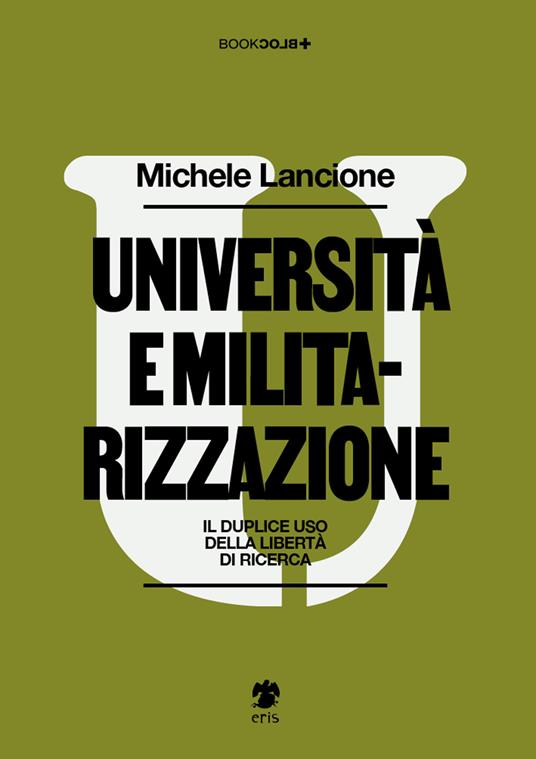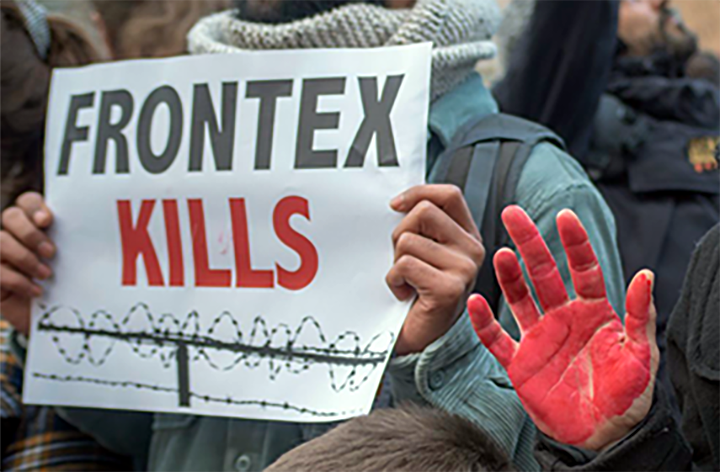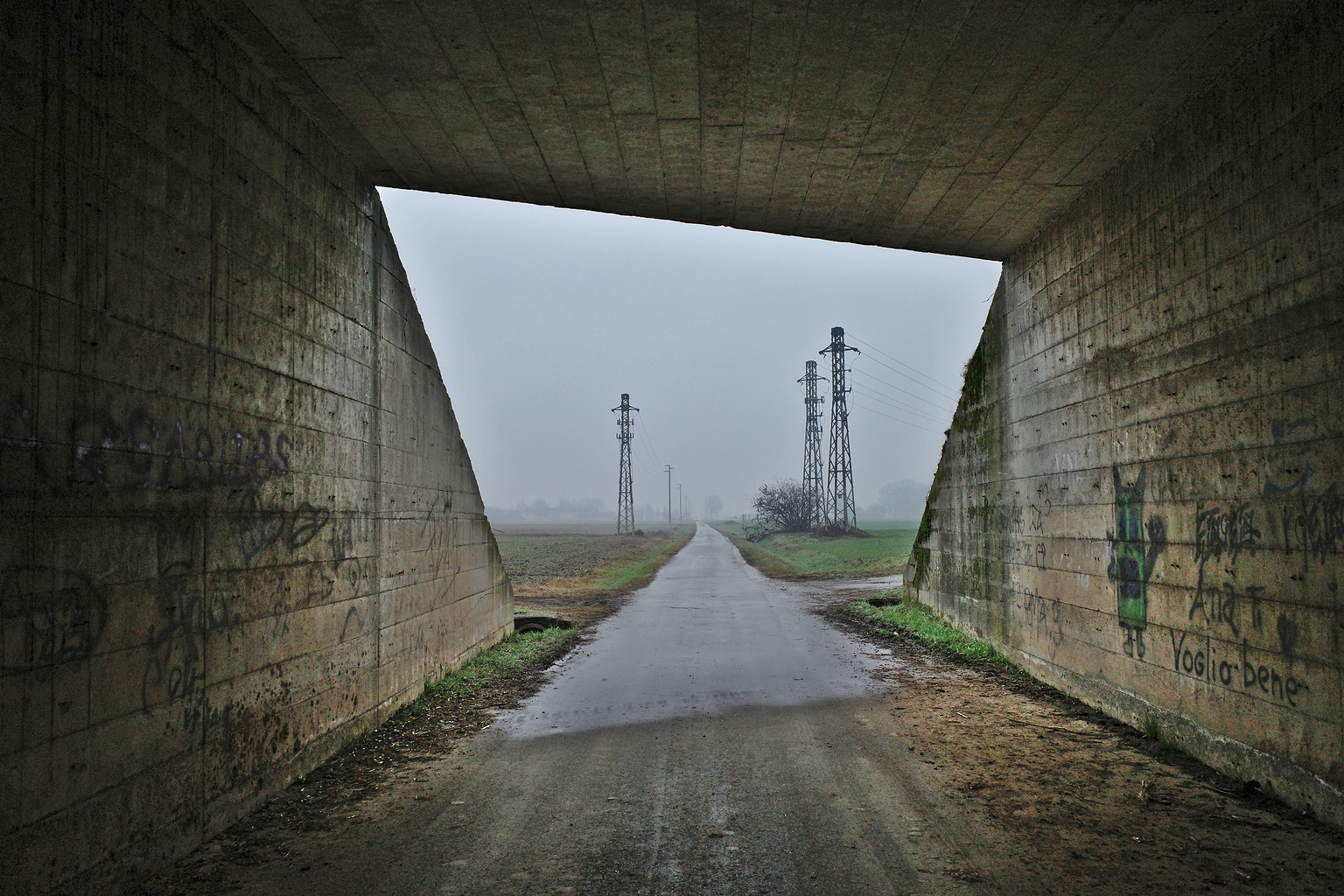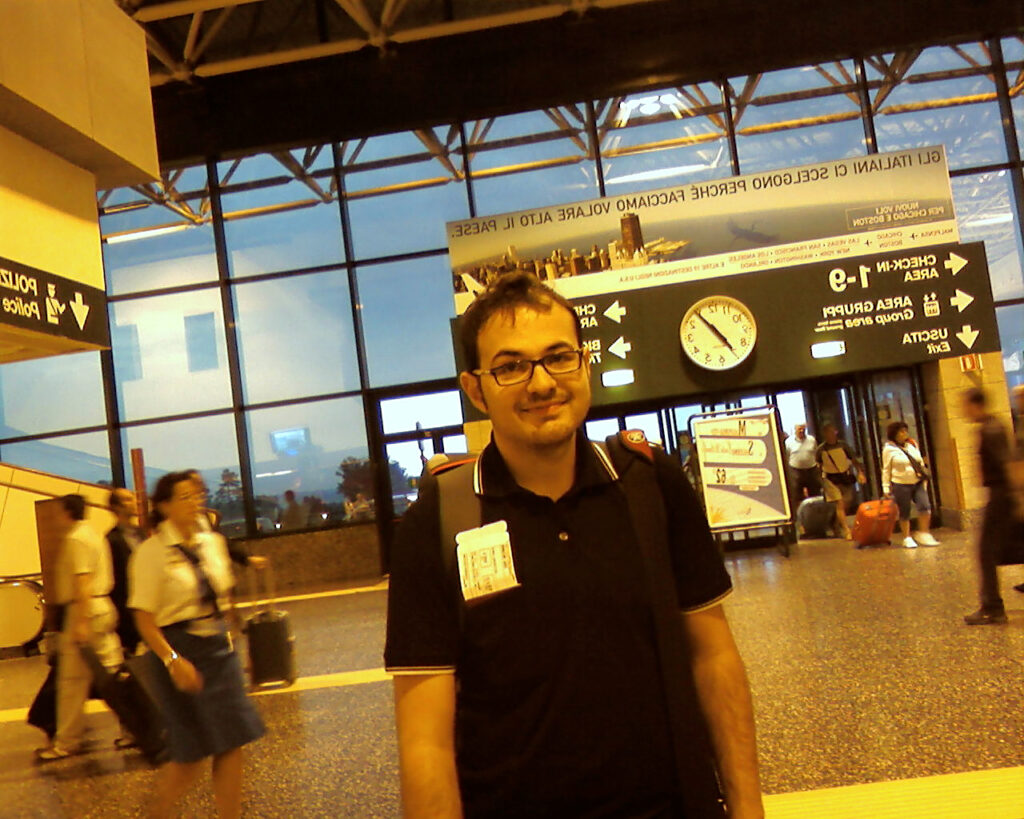My short book on the relationship between the Academy and the Military sector is out now in Italy. The book is written in Italian, and it is published by ERIS Edizioni, a leading independent publisher in the country (with which I have also published my ethnographic novel on homelessness, more than a decade ago).
The book is the result of two years of direct engagement and study around the link between Universities and the ‘defense’ industry in the West. Albeit this is not my primary research interest, I have decided to dwell into this topic out of my activism against a business relationship between my Department at the Polytechnic of Turin and Frontex, the European Border and Coast Guard Agency (you can find more about that saga here, here or in this recent interview). The aim of this work is to speak to students and concerned academics to widen our collective understanding of processes that are reducing our capacity to learn and study in a critical and radical way.
Although this first attempt is in Italian, in collaboration with one of my researchers, Ms. Patrícia Nunes-Gomes, we are already working on a much-expanded version in the English language.
Below, you can find a short summary of the book in Italian, and the links to the first public conversations around it. Finally, you can order it directly at ERIS or at any bookstore in Italy and beyond.
Università e Militarizzazione
ISBN: 9791280495372
In Europa e in occidente la sfera civile e quella militare sono sempre più interconnesse. Questo processo coinvolge anche le università, che sempre più offrono servizi al cosiddetto mondo della “difesa”. In questo saggio Michele Lancione offre una guida per affrontare una semplice domanda: qual è il problema del rapporto tra Università e Militarizzazione, e come possiamo investigarlo ed eventualmente combatterlo?
A partire da una profonda conoscenza del sistema statunitense ed europeo e grazie alle sue esperienze nel Regno Unito, in Australia e in Italia, l’autore ci illustra diversi casi emblematici come il programma Human Terrain System statunitense, i nuovi strumenti di finanziamento alla ricerca militare italiani, e la collaborazione tra Frontex e il Politecnico di Torino. Ma racconta anche di pratiche di resistenza con le quali si cerca di combattere l’avvicinarsi tra l’Accademia e il Militare.
Questo è un primo spunto per una controcultura del rapporto tra Università e Militarizzazione, attraverso la quale soprattutto il corpo studentesco possa lottare per sottrarre la ricerca, lo studio e gli spazi dell’Università da industrie fondate su violenza, dolore e morte.
Michele Lancione è professore ordinario di Geografia Politico-Economica al Politecnico di Torino. Si occupa di lotte abitative, homelessness e approcci liberatori al tema della casa. È co-fondatore del Radical Housing Journal e co-direttore del Beyond Inhabitation Lab, nonché attivo in campagne di ricerca e attivismo contro la violenza del regime di frontiera europeo. Con Eris ha pubblicato Il numero 1, un romanzo etnografico sulla condizione dei senza dimora a Torino.
Le prime presentazioni:
– Roma: Esc Atelier oggi, 13 ottobre, ore 18: https://www.facebook.com/events/1002753280947952
– Napoli: Libreria Tamu, martedì 17 ottobre, ore 18: https://www.facebook.com/events/1077095309953547
– Bologna: Libreria modo infoshop, venerdì 3 novembre, dettagli a seguire
– Torino: martedì 21 novembre, dettagli a seguire
– Messina: venerdì 1 dicembre, dettagli a seguire
– Palermo: sabato 2 dicembre, dettagli a seguire
– Firenze: CSA nEXt Emerson, sabato 16 dicembre, dettagli a seguire





